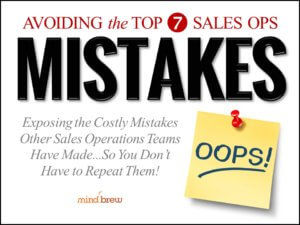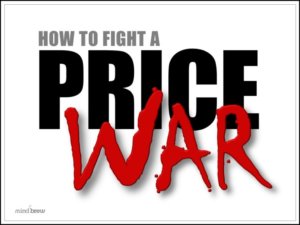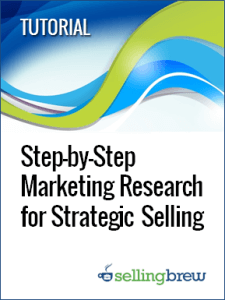Once upon a time, Yogi Berra supposedly said, “It’s tough to make predictions, especially about the future.” Now, I’m not positive this is a genuine Yogi-ism. But it sure sounds like one, so I’ll roll with it.
That said, I’d like to put a much finer point on it…
While it’s certainly tough to make accurate predictions about specific things, it’s pretty easy to make accurate predictions about general things.
For example, I’d bet my retirement account on any or all of these predictions:
- The US stock market will drop 15% in a single day.
- A typhoon will knock out power in the Philippines.
- A labor strike will shut down a major shipping hub.
- Hackers will take a big internet data-center offline.
- A drought will slash crop yields by more than 50%.
What’s missing in all of these predictions? Specifics, of course. I can be 100% confident that all of these things will happen in the future, while having little or no idea exactly when they will happen.
Similarly, you know…with 100% certainty…that your supply chain will be disrupted at some point in the future. You know for sure that your costs will spike…or freefall. You know that your customers will go into “hunker down” mode…or start buying like crazy. And at some point, you know that a competitor will do something really stupid…or incredibly smart.
The point is that there are all sorts of very challenging business dynamics you can be absolutely certain will manifest in the future. These things are coming. Maybe not today, this month, or even this quarter or the next. But you can bet your house that they will happen sometime in the future.
And you don’t need specifics to get ready.
We’ve highlighted many times how leading teams develop and document “standard operating procedures” to enhance responsiveness, consistency, and effectiveness. But it’s important to understand that this practice isn’t just limited to the day-to-day stuff.
In the same way that hospitals will develop emergency procedures in anticipation of overwhelming patient influxes, power outages, and so on, leading teams will develop procedures around certain market dynamics—supply shortages, trade disputes, demand depressors, regulatory and legislative impositions, etc.
While developing these types of procedures might seem like overkill to some, they can actually make a huge difference when the “stuff” hits the fan and the anticipated dynamic manifests in the real world.
In just the last few months, we’ve seen this play out repeatedly…
Something big happens in the marketplace…a major oil refinery is bombed…new trade tariffs are imposed…an electrical grid goes offline…a huge factory complex burns down…a disease wipes out a popular crop…or a financial rule change squashes demand in a particular sector.
Inevitably, some teams freak out…while others remain calm. Some teams scramble around in a frenzy of “Just do something!” activity…while others are executing with purposeful efficiency. And while it might take weeks for some teams to figure out what to do…other teams will have responded in just a matter of days, if not hours.
What makes the difference? Having a plan.
And guess what? It’s a whole lot easier…and much more effective…to develop a basic plan before you actually need it.













